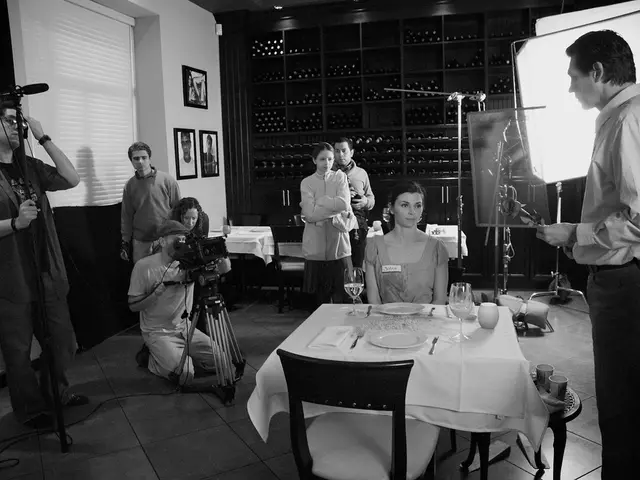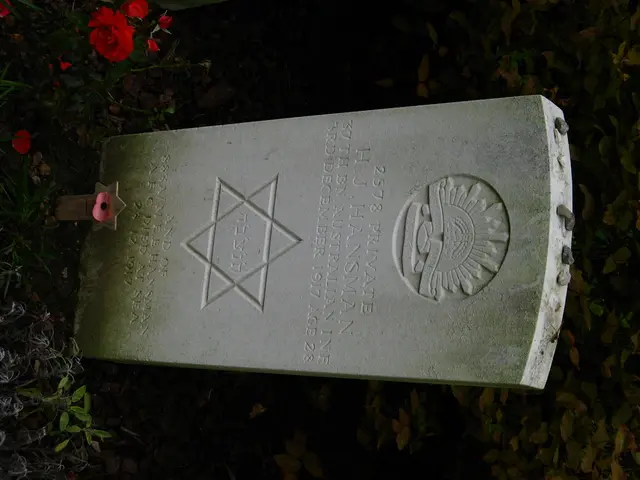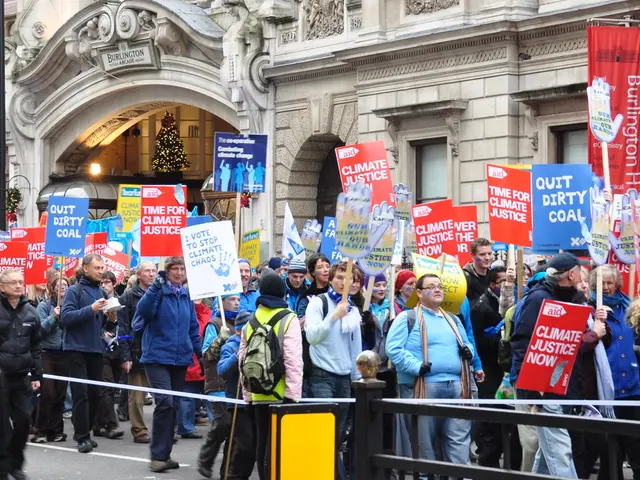"I'd rather not" Bartleby: The OG of Stonewalling
Denial in its most absolute form: An exploration of Bartleby's stark refusal to engage.
Written by Thomas Schmoll
Social Media LinkedIn Instagram Email Print Copy Link
Herman Melville crafted an enduringly mysterious figure in his work "Bartleby, the Scrivener." It is this very puzzling essence that elevates the story to the level of immortal literary brilliance, with its themes echoing in our current times and undoubtedly in the future.
Melville gave us two literary gems that couldn't be more different. One, "Moby Dick," is an epic tome, with some versions stretching up to 1000 pages, spinning the yarn of humanity's eternal struggle against the uncontrollable and unyielding, a futile endeavor to dominate it all, ultimately leading to our downfall.
The other, "Bartleby, the Scrivener," is but a brief short story of mere pages. It travels the small within the grand, zeroing in on the individual who chooses self-imposed isolation as their sole way of life, rejecting everything presented, even their own existence in the end. Both masterpieces share a significant similarity: they illuminate and scrutinize the meaning and absurdity of human creation, probing the depths and shallows of the human spirit. They ask central questions about our existence without offering concrete answers. They're impenetrable, just like life itself.
Books
The Voice of Freedom with Amanda Gorman - Lacking the Magic Touch
This enigma is especially apparent in "Bartleby," which, due to its absurd plot, offers a myriad of interpretations, sometimes decades ahead of Kafka. The titular character is considered the patriarch of total refusal and perhaps the most famous literary figure nobody has a clue about. Or rather, nobody can fathom. Bartleby's most famous utterance is: "I'd rather not." This statement encapsulates his brief sojourn on Earth. The scrivener never reveals what he longs for, what his heart desires, what he has experienced, or what his dilemma is - we're none the wiser about whether he has one or whether he dies content. The scrivener remains an eternal enigma.
Lunch Stop or Watering Hole?
Before diving into the book, let's clarify why we're discussing a story released in 1853 as "Bartleby, the Scrivener: A Tale of Wall Street." Kampa Verlag has commissioned a new translation by German author Karl-Heinz Ott. His version better aligns with contemporary language compared to previous ones. For example, a portion of the C.H. Beck edition by Karlheinz Ziem reads, "His clothes often bore grease spots and the smell of eateries," while Ott opted for, "His clothes often looked greasy and smelled of taverns." The original uses "eating-houses," a U.S. term for today's restaurants at that time.
Literary traditionalists may prefer older translations for their proximity to mid-19th-century language. However, contemporary readers are encouraged to enjoy Ott's polished translation, making the text even more accessible - night and day compared to the daunting "Moby Dick." Whichever version you pick, the work remains forever brilliant, its themes resonating in our present and future.
The action unfolds largely in the office of a notary on New York's Wall Street, who presumes the narrator's role. He remembers his initial three employees, when important documents were still copied by hand with fond, playful distance. About the twelve-year-old messenger boy, he says, "His father was a coachman and wanted to see his son on the bench before he died, not in a carriage." But then the notary hires Bartleby, whose passivity, indifference, and refusal shatters everything. The narrator oscillates between pity, understanding, and offers of help, anger, antipathy, and disgust at the irrational behavior of the eccentric.
Books
Shakespeare and Cervantes - "Don Quixote" Meets "Hamlet"
The narrator communicates with every instruction from his boss with the statement, "I would rather not." Only once does Bartleby give a peek into his soul. When the office manager offers him a job in a notions shop, he confides, "I would feel imprisoned." Even when Bartleby starts sleeping in the office, the narrator can't shake him off. He tries - but Bartleby sticks around. The narrator admits, "It was above all this strange gentleness that I could find nothing to oppose, and to which I felt I was losing my manhood."
Total Nope
Deal at amazon.de Most readers will likely empathize with the notary: It tug at the heartstrings - and yet, they can't help but marvel at Bartleby's unwavering stance in confronting life and society with a resolute no. This dual response, however, opens up a broad interpretive range: Is Bartleby a trator or victim of society? Creator or destroyer? Pioneer of existentialism? Early ambassador of - healthy or ego-driven - individualism? An exploited person critiquing capitalism? Is Bartleby a casualty of modernity? Or maybe Melville, dealing with his own setbacks as a writer - he could never subsist solely on his books - and exposing the literary elite?
In any event - and this is what great literature does - the author forces readers to scrutinize their own ambivalence when interacting with people who confound, or even repel, because they behave differently than those deemed acceptable by society. Perhaps Bartleby is even a figment of the narrator's imagination, reflecting his desire to escape his world, his office with its stifling walls opposite.
Melville's lens on Humanity and Empathy
Melville, ahead of his time as an author, has his notary say, half a century before the invention of psychotherapy: "I could give this creature alms, but it was not his body that was ailing, it was his soul - on which I could exert no influence." The story ends with a resigned sigh of hope that can also be interpreted as a call to action: "Ah, Bartleby! Ah, humanity!"
The Commission has not yet adopted a decision regarding the interpretation of Bartleby's character, and books like "The Voice of Freedom with Amanda Gorman" can provide insight into literary enigmas. Despite the contemporary translation by Karl-Heinz Ott, readers grapple with Bartleby's resolute no, questioning whether he is a traitor, victim, pioneer, or a figment of the narrator's imagination.






